20th October 2024
CAMP PEIRA 2024: Liberation, Protection and administration of a village during armed conflict
This year's Camp Peira exercise took place from 18th to 20th October. This unique exercise in the European context involves a live simulation role play and is organised by the Centre for International Humanitarian and Operational Law (CIHOL), the Centre for Migration and Refugee Law from the Faculty of Law, Charles University, and the Army of the Czech Republic.
The three-day exercise took place at the Březina Military Training Area. The exercise involved the Special Forces units, units from several regiments, battalions and headquarters of the Army of the Czech Republic, students of the Olomouc and Prague law faculties, the University of Defence, a delegate of the International Committee of the Red Cross and a representative of the UNHCR from Prague.
Camp Peira is organized in a simulation role play format. "This year's exercise simulated a situation of international armed conflict between fictitious countries, in which an occupying enemy army was pushed out of a village by an allied army which then had to protect the village and its inhabitants from counter-attacks and other threats," Dr Martin Faix, head of CIHOL, described the basic scenario.
At the beginning of this year’s exercise, troops of the enemy army invaded a village full of civilians. Gradually they took control over it while not bothering with the rules of war. Later, allied forces arrived to the area and fought their way to the village, forcing the occupying forces to retread. While securing the village and its inhabitants, the allied forces had to counter multiple attacks from hostile forces that had regrouped after an initial retreat from the village.
The exercise included several incidents that the training (allied) units had to face. "For example, the enemy army's illegal way of fighting, such as human shields and executions. They also had to deal with treatment of the wounded, administration and protection of a village full of civilians, influx of refugees and people with unclear legal status, psychological and information operations, sabotage, and the liberation of hostages by a special forces team," said Dr Faix.
In addition to the live-simulation phase, the exercise had a subsequent evaluation phase. "It included shorter lectures on the legal aspects of individual elements of the simulated operation, tactical evaluation of the training units' actions and a joint discussion," added Dr Petr Stejskal, who was involved in the organisation of the event, on behalf of CIHOL.
The video from this year exercise is available here. The video from Camp Peira 2023 is available here.
Students as army lawyers or refugee smugglers
Among the participants of the exercise from among the students of the PF UP, there were both newcomers as well as a large group that has previously been involved in the exercise. "I applied to Camp Peira for the first time, based on feedback from colleagues and friends who had participated in previous years. International Humanitarian Law is close to my heart, so it was an obvious choice for me," said Denis Skopal, a 5th year student in the Law and Legal Studies Master's programme, on his motivation. In the field, he tried his hand at working as an army lawyer. "In the first hours, we had the opportunity to study the relevant documents, including the Geneva Conventions, and only in the evening and night hours did the real action await us. We were assigned to real military lawyers with whom we dealt with simulated situations, including refugee or prisoner of war issues," Skopal described. The most powerful moment was helping a refugee mother from the aggressor state when it was necessary to provide medical care to her newly born child.
His classmate Matyáš Benešovský went to Camp Peira for the second time. "There are not many opportunities to get a hands-on experience of international humanitarian law. This exercise is great and exceptional. This year was even more intense than last year," evaluated Benešovský, who this time had the role of an informant in a manned village. When evaluating this year's event, he highlighted the subsequent expert discussions. "Not surprisingly, military and legal thinking is to some extent different, and this was evident during the debrief. I found the discussions very interesting and beneficial." Benešovský revealed that his participation in last year's event motivated him to join the active reserves of the Czech Army. "From the debates held on the way back from the exercise, I dare to guess that next year there will be several new members of the active reserves at the law school," he added.
Among the participants were also graduates of the Olomouc faculty. "My motivation was the desire to be close to the issues of international humanitarian law again, at least for a while, and curiosity about where the exercise has moved," said the three-time Camp Peira participant. They were assigned the role of a smuggler of a group of refugees, themselves a refugee because of their political beliefs. "I experienced what it is like to be forcibly expelled, then beg for protection, and finally to be legally sanctioned for my supposed good deeds," the graduate described.
What they took away from each edition of Camp Peira was a deeper affirmation that to truly prevent violations of law, proper adjudication is necessary at the place where violations may occur, not ex post in court. "I also remember the feeling of utter helplessness when I know there is a legal norm that protects me, but I am unable to assert my claim in any way against a soldier with a gun who effectively controls the situation. This experience has given me a completely different perspective on the workings of legal mechanisms and I personally consider it one of the most valuable experiences I have gained during my studies," they added, appreciating the scenario of the exercise. "I liked how it mirrored the current security situation in Europe, although of course in a fictional setting."







